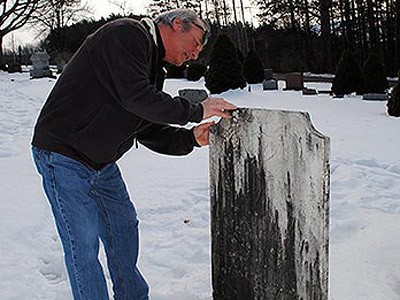In an opinion featured this week on Foreign Policy magazineŌĆÖs website, peace and conflict studies professor Daniel Monk and postdoctoral fellow Daniel Levine offer their perspectives on the Middle East peace process.
Monk and Levine argue that the US debates surrounding Israeli-Palestinian peacemaking are based upon outdated understandings of domestic Israeli politics.
ŌĆ£American policy intellectuals ŌĆō even those ostensibly engaged in critique of the status quo discourse ŌĆō fail to understand that the Israeli state is in a process of dissolution,ŌĆØ write Monk and Levine.
Rather than a left-right divide, the primary fracture is between traditional Zionist ŌĆśstatistsŌĆÖ and a fractious coalition of ŌĆśradicalŌĆÖ constituencies that challenge basic notions of the Israeli state, according to the authors.
US policymakers, Monk and Levine contend, must learn to see both the dangers and opportunities of this statist-radical divide, if they are to understand and influence Israeli policies and priorities.
Geology professor Rich April also was in the media spotlight. turned to April for his expert insight into the impact of acid rain on our ecosystem.
 |
| Geology professor Rich April examines a headstone blackened by acid rain. (Photo courtesy of Smithsonian.com) |
ŌĆ£Some lakes look like they might be ready to come back, and if we cut the emissions more they would,ŌĆØ April told Smithsonian.com, noting how scientists now see success in recovery from the damaging effects of acid rain.
April is part of a research team that received a nearly $1 million dollar grant in 2005 to study the impact of acid rain on the forests, watersheds, and wildlife of the nearby Adirondack Mountain region.
For more coverage of 51│į╣Ž═° in the News, click .